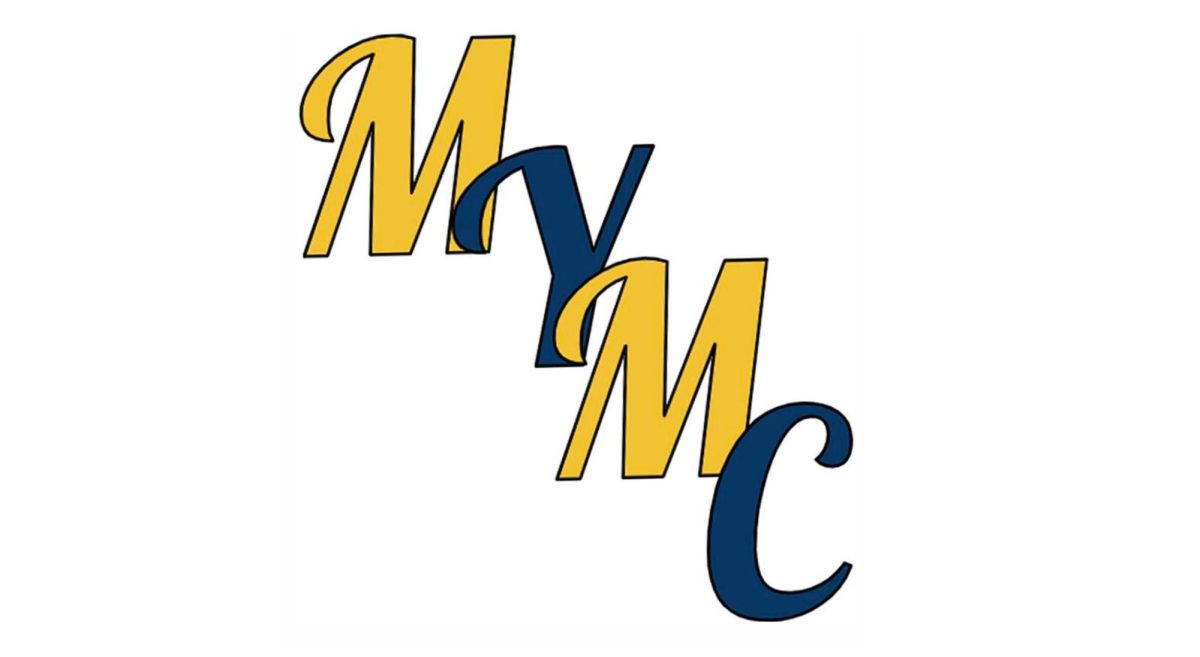Dear Administrators,
I’m Bennett Lord, a senior at Marist School and co-founder of the Marist Young Men’s Club, a fledgling affinity group that supports young men struggling with the problems of everyday life.
Mental health, more specifically men’s mental health, is stigmatized in our society with a scarce amount of men willing to ask the hard questions. “Are you okay? What’s been up?” If we talk about our feelings, it is recognized as an admission of weakness.
Despite the increased stigma surrounding men’s mental health, the Marist Young Men’s Club sets a prominent precedent to surround young men with the necessary people and tools to empower them to succeed and grow in their lives.
I’ve asked the seemingly hard questions, and the answers in such a competitive school atmosphere never surprise me. Students struggle with undiagnosed depression, anxiety, making friends, bullying, among other challenges. Regardless of the institution, this behavior runs rampant among men.
The most common justification is, “That’s just high school for you.” To many, however, the serviceable solution is detentions, demerits, and punishments that “solve” a problem with no clear-cut solution.
So, how does a school administrator solve an unsolvable problem? Here is my experience:
Arriving at Marist in the eighth grade, I struggled to gain footing in a new environment. I came amidst the COVID-19 pandemic, and my struggles grew as I entered ninth grade. I didn’t have a set friend group, struggled with positivity, and was unable to control my emotions.
In short, I struggled to find life’s joy, and I didn’t talk about it with my classmates, friends, or teachers. I bottled it all up. I took it upon myself to adopt the “warrior mindset,” the most common mindset for young men: fighting off their emotions and replacing them with anger.
This mindset was detrimental as it prevented me from achieving emotional literacy and openness with my feelings. Because of the Marist Young Men’s Club, I’m proud to acknowledge my growth and maturity as a man.
Nevertheless, The Marist Young Men’s Club is only part of the solution. According to the 2022 data from the Centers for Disease Control and Prevention, the male suicide rate is four times greater than women, making up 80% of all suicides. Suicide is one of the leading causes of death in the United States with a person killing him or herself every eleven minutes.
The overwhelming evidence suggests that reaching out for support during times of difficulty greatly benefits a person’s mental state. The Marist Young Men’s Club stresses the importance of having a “Huddle,” a group of five people one can always turn to when needing immediate support regardless of the situation.
An outlet for emotions is paramount to a person’s well-being in times of struggle and reduces the threat of suicide. This is an immense challenge for young men as social media and toxic standards distort the image of a powerful man. These standards urge men to hide weakness and emotion.
The support group enables individuals to be vulnerable and realize they are not struggling alone. We strongly emphasize confidentiality as vulnerability in a school setting is difficult. With our trusted mentors and senior leaders, however, we construct a safe environment where all men to bring their full selves.
As seen through the recent mental health issues among Marist alumni, the stigma surrounding men’s mental health heavily impacts the ability to have meaningful conversations. High school students struggle with the realities of suicide and its consequences. The Marist Young Men’s Club, however, stresses the importance of open dialogue amongst students, focusing instead on destigmatizing mental health and building each other up.
Reflecting on my five years at Marist, I experience the daily struggles of a high school student. With the initial founding of the Marist Young Men’s Club, these problems did not magically disappear; instead, I grew more equipped to handle life’s daily challenges.
“The Marist Young Men’s Club is for when students struggle, not if,” as I outlined our purpose to Marist parents and administrators. Students will naturally struggle in a competitive atmosphere. A support system motivates students to share their struggles in a safe space, relating to other students going through similar experiences, gaining helpful advice and sympathy and emerging from difficult times as better men.
The Marist Young Men’s Club sets a premier example for schools with competitive environments to adopt. An affinity group led by male faculty members fosters a safe environment for students to relate to each other and deconstruct the harmful mindsets ingrained in their lives. This support group destigmatizes mental health, makes tough conversations easier, and provides young men the support all beings deserve.
As administrators, you witness so much more that most students do not see. You see a student struggling with a drop in performance, no longer coming to class with a smile on his face or arriving with a lack of interest.
The signs are evident, and we can provide part of the solution: to learn about what struggles students face and prevent them from becoming overwhelming. It is your responsibility as educators to prioritize the health and well-being of your students.
You too can make the _________ Young Men’s Club a reality.



